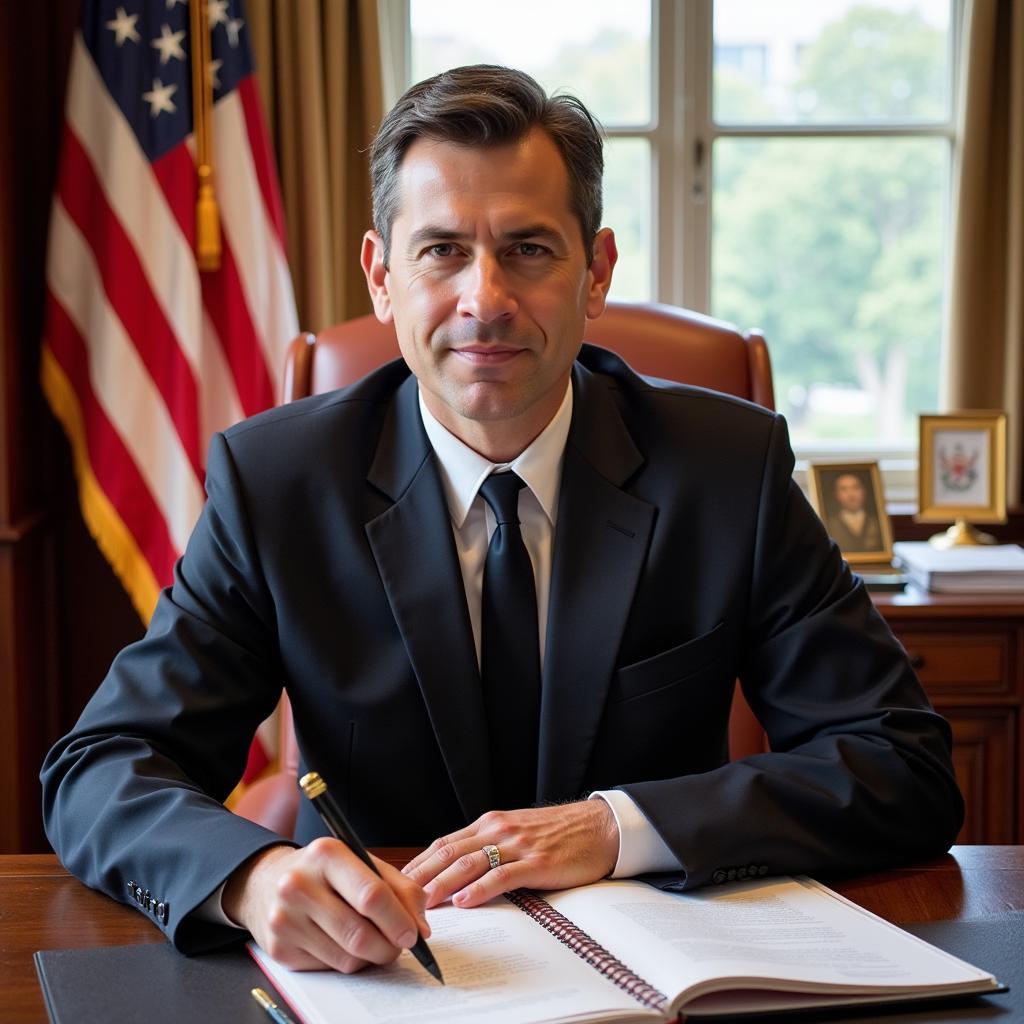Which Career Track is the Best for Foreign Service?
Navigating the diverse landscape of the Foreign Service can be daunting, especially when determining the best career track for you. With so many options, each offering unique opportunities and challenges, choosing the right path requires careful consideration of your skills, interests, and long-term aspirations. This article delves into the various Foreign Service career tracks, helping you identify which one aligns best with your professional goals.
Understanding the Foreign Service Landscape
Before diving into specific career tracks, it’s crucial to understand the Foreign Service’s overall mission and structure. The U.S. Foreign Service, for instance, serves as the diplomatic arm of the U.S. government, representing American interests abroad and promoting peace, stability, and prosperity. Foreign Service officers work in various roles, from negotiating treaties and providing consular services to analyzing political climates and fostering economic development.
 Foreign Service officers engaging in diplomatic activities
Foreign Service officers engaging in diplomatic activities
Exploring the Career Tracks
The Foreign Service typically offers several distinct career tracks, each specializing in a particular area of diplomacy:
1. Consular Affairs
This track focuses on providing assistance to U.S. citizens abroad and managing visa services for foreign nationals wishing to enter the United States. Responsibilities include:
- Issuing visas and passports.
- Providing emergency assistance to citizens in distress.
- Facilitating adoptions and mediating international parental child abduction cases.
Is this track right for you? Consider this path if you enjoy direct interaction with people, possess strong interpersonal skills, and thrive in fast-paced, often high-pressure situations.
2. Economic Affairs
Economic officers analyze economic trends, advocate for U.S. business interests, and work to promote economic development in foreign countries. Their duties involve:
- Negotiating trade agreements and investment treaties.
- Analyzing economic data and reporting on market conditions.
- Supporting U.S. businesses operating overseas.
Is this track right for you? If you possess a strong background in economics, finance, or business, and are passionate about international trade and development, this might be the ideal path.
3. Management Affairs
This track ensures the smooth operation of U.S. embassies and consulates worldwide. Responsibilities encompass:
- Overseeing logistics, budget, and human resources.
- Managing embassy security and implementing safety protocols.
- Supervising local staff and coordinating administrative tasks.
Is this track right for you? This track suits individuals with strong organizational, leadership, and problem-solving abilities who enjoy working behind the scenes to ensure efficiency.
 A Foreign Service officer working diligently at their desk.
A Foreign Service officer working diligently at their desk.
4. Political Affairs
Political officers analyze political developments, report on local events, and build relationships with foreign government officials. Their tasks include:
- Monitoring political trends and assessing potential risks.
- Drafting reports and briefing materials for senior officials.
- Engaging with local political leaders and influencers.
Is this track right for you? If you are passionate about international relations, possess strong analytical and communication skills, and thrive in intellectually stimulating environments, consider this track.
5. Public Diplomacy
Public diplomacy officers aim to foster understanding and build relationships between the people of the United States and other nations. Responsibilities include:
- Organizing cultural exchange programs and educational initiatives.
- Managing social media accounts and engaging with local media outlets.
- Representing the United States at public events and conferences.
Is this track right for you? Individuals with excellent communication and interpersonal skills, a passion for cross-cultural exchange, and a knack for storytelling might find this track fulfilling.
Making the Decision: Factors to Consider
Choosing the right career track involves careful self-assessment and research:
- Interests and Passions: What aspects of international affairs intrigue you the most?
- Skills and Strengths: What are you naturally good at? Where do your talents lie?
- Long-Term Goals: What do you hope to achieve in your Foreign Service career?
- Lifestyle Preferences: Are you comfortable with frequent relocations and adapting to different cultures?
Conclusion
Embarking on a Foreign Service career is a significant decision that requires thoughtful consideration. By carefully evaluating the various career tracks and reflecting on your own aspirations, you can choose a path that aligns with your strengths, passions, and long-term goals. Remember, a fulfilling Foreign Service career awaits those with a genuine desire to serve their country and contribute to a more peaceful and prosperous world.

